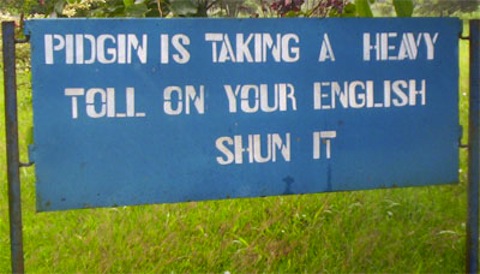
I’ve recently taken a lot of comfort from this Paris Review Q&A with John McPhee, in which the non-fiction master confesses that his writing remains a day-to-day struggle. (Celebrities—just like us!) But while most of the interview is dedicated to the creative process and the occasional madness it engenders, there is also this dead-on snippet about what McPhee learned from hanging out with geologists for a series of books (now collected as Annals of the Former World):
There’s a line in the book: “If you free yourself from the conventional reaction to a quantity like a million years, you free yourself a bit from the boundaries of human time. And then in a way you do not live at all, but in another way you live forever.” And I certainly developed this sense of time. I was fascinated by the intersection of human time and geologic time…The fact is that everything I’ve written is very soon going to be absolutely nothing—and I mean nothing. It’s not about whether little kids are reading your work when you’re a hundred years dead or something, that’s ridiculous! What’s a hundred years? Nothing. And everything, it doesn’t evanesce, it disappears. And time goes on, and the planet does what it’s going to do. It makes you think that you’re living in your own time all right. It makes the idea of some kind of heritage seem touching, seem odd.
I couldn’t help but think of McPhee’s dose of perspective while reading this account of the Cameroonian elite’s campaign against pidgin, the use of which is discouraged on many university campuses. the sign at the top of this post is part of a campaign to get Anglophone students to stop speaking pidgin, lest they fail to attain their promise in life:
The underlying message is a fairly simple one: In order to fit in, English-speaking Cameroonians must shun their inferior culture and language(s) which are obstacles to their integration into the national (read Francophone) mainstream, and gravitate towards French which is the language of access, success and power. Pidgin in particular is therefore portrayed as a language of confinement (in the “Anglophone Ghetto”), of exclusion (from “national mainstream”) and of inferiority (vis-a-vis the French language).
Yet this elitist campaign only reveals its orchestrators’ ignorance of the true nature of time. Do they not realize that English was once considered a sort of pidgin, a mishmash of northern European dialects that was spoken by a conquered class subordinate to a French-speaking elite?
Language, like the tectonic plates that shift beneath our plates, is a fluid thing. And though its shifts may be imperceptible to those who cannot see beyond their own lifespans, it is always fated to evolve into a melange of various sources. In that way, pidgin is actually quite futuristic—a glimpse of what might happen as English spreads and mutates after coming in contact with thousands of local dialects.
More Microkhaning on the history of pidgin here.


Captured Shadow // Jan 7, 2011 at 5:21 pm
I can’t find it at the moment but I believe Matsuo Basho in “The Narrow Road to the Deep North” took the opposite stance. That all mountains wear down eventually but a great poem can survive through the ages.